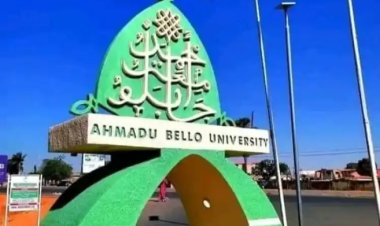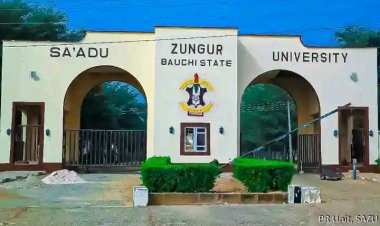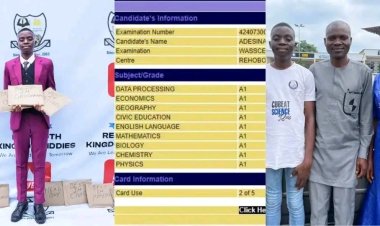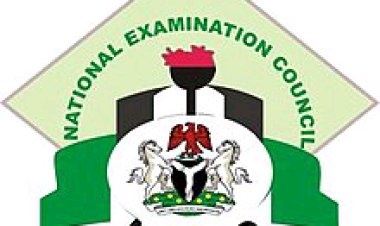Oluremi Tinubu Calls for Global Support for Climate-Friendly School Meal Program
Nigeria’s First Lady, Oluremi Tinubu, has called on international development partners to support climate-friendly school meal programs aimed at improving nutrition and boosting school enrollment.
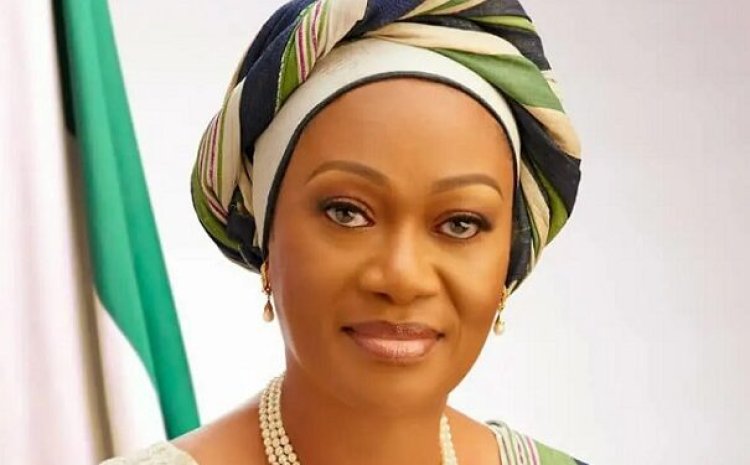
Nigeria’s First Lady, Oluremi Tinubu, has made an international appeal for global development partners to support the country’s efforts in implementing climate-friendly school meal programs. Tinubu emphasized the critical role such initiatives play in improving student nutrition and increasing school enrollment during a roundtable organized by the Organisation of African First Ladies for Development (OAFLAD) in collaboration with the Rockefeller Foundation. The event took place on the sidelines of the 79th United Nations General Assembly (UNGA) in New York.
In her address, Senator Tinubu highlighted that Nigeria's school feeding program is currently under review, aligning it with the government's focus on food security and climate resilience. She noted that President Bola Tinubu has already declared a state of emergency on food security in the country, citing initiatives such as the "Young Farmers Club Nigeria" and the "Every Home a Garden Competition" as part of broader efforts to ensure that nutritious meals reach children and vulnerable communities.
"School feeding programs are vital to addressing both educational and nutritional challenges," said Tinubu. "Nigeria is prepared to tackle these issues, but we need global assistance to sustainably roll out climate-friendly meal programs, particularly in regions affected by desertification and flooding."
Tinubu’s call for assistance is especially relevant as northern regions of Nigeria, such as Borno State, are grappling with climate challenges including desertification and floods. She stressed the importance of global collaboration in addressing these issues, particularly in securing sustainable, climate-resilient solutions for vulnerable communities and school children.
The roundtable event, attended by various members of OAFLAD, also focused on integrating school meal programs into the African Union's (AU) broader strategy and engagement with the G20, positioning it as a key tool in solving both food security and educational gaps across the continent.

 Chris Oyeoku Okafor
Chris Oyeoku Okafor 
